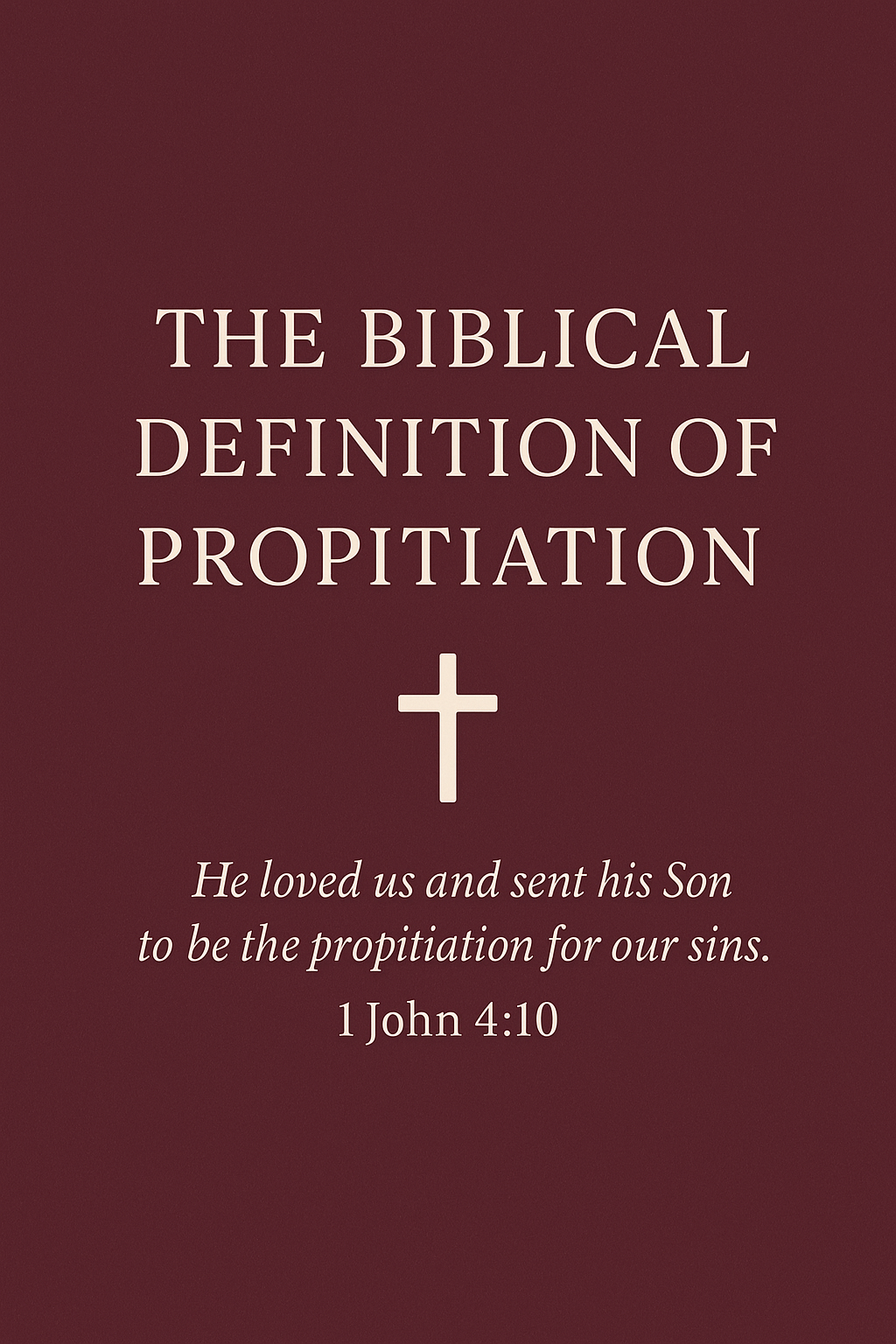Biblical Definition of Fasting
The biblical definition of fasting is the voluntary abstention from food—and sometimes drink—for a specific period, undertaken for spiritual purposes1458. Fasting is a practice found throughout both the Old and New Testaments, serving as a means of humbling oneself before God, seeking His guidance, expressing repentance, or preparing for significant spiritual endeavors1235.
What Is Fasting in the Bible?
At its core, fasting in the biblical sense means giving up food (or occasionally something else) for a period of time to focus your thoughts and heart on God358. It is not simply a diet or a health practice. Instead, it is a spiritual discipline designed to draw believers closer to God, heighten spiritual awareness, and foster humility456.
“Fasting, in the biblical context, is the voluntary abstention from food and sometimes drink, undertaken for spiritual purposes.”1
Old Testament Foundations
Fasting is first mentioned in the Old Testament, where it is often associated with mourning, repentance, and seeking God’s guidance. The Israelites fasted after suffering defeat (Judges 20:26), and the Day of Atonement (Yom Kippur) is the only fast explicitly commanded in the Mosaic Law, where the Israelites were instructed to “afflict their souls,” traditionally understood as fasting (Leviticus 16:29-31)14.
The prophet Joel called for a fast as an act of national repentance:
“Declare a holy fast; call a sacred assembly. Summon the elders and all who live in the land to the house of the LORD your God, and cry out to the LORD.” (Joel 1:14)
New Testament Practice
In the New Testament, fasting continues as a way to seek God’s presence and prepare for spiritual tasks. Jesus fasted for 40 days in the wilderness before beginning His public ministry (Matthew 4:1-2). The early church practiced fasting as they sought God’s direction (Acts 13:2-3)35.
Jesus also taught about the attitude of fasting, warning against hypocrisy and encouraging believers to fast privately, not for public recognition (Matthew 6:16-18)35.
Purposes of Biblical Fasting
Fasting is not an end in itself but a means of focusing on God for a spiritual reason258. The Bible outlines several key purposes for fasting:
To Strengthen Prayer: Fasting often accompanies prayer, intensifying the urgency and focus of our petitions (Ezra 8:23)2.
To Seek God’s Guidance: Fasting helps believers become more receptive to God’s direction (Judges 20:26)25.
To Express Grief: In times of mourning, fasting is a natural response (1 Samuel 31:13; 2 Samuel 1:12)2.
To Seek Deliverance or Protection: Fasting is practiced when seeking God’s help in difficult circumstances (2 Chronicles 20:3-4)2.
To Express Repentance and Return to God: Fasting is a way to show sorrow for sin and a desire to return to obedience (1 Samuel 7:6)2.
To Humble Oneself Before God: Fasting is an expression of humility and dependence on God (1 Kings 21:27-29; Psalm 35:13)235.
To Express Concern for God’s Work: Nehemiah fasted over the state of Jerusalem, showing deep concern for God’s people (Nehemiah 1:3-4)2.
To Minister to Others: Isaiah 58 teaches that true fasting includes caring for the needy and oppressed (Isaiah 58:3-7)2.
To Overcome Temptation and Dedicate Oneself to God: Jesus fasted to prepare for temptation and ministry (Matthew 4:1-11)23.
To Express Love and Worship for God: Fasting can be an act of devotion and worship (Luke 2:37)2.
Types of Biblical Fasts
The Bible describes several types of fasting:
Normal Fast: Abstaining from all food but not water, usually for a day (sunup to sundown)6.
Absolute Fast: Abstaining from both food and water, typically for a short, urgent period (Esther 4:16; Acts 9:9)6.
Partial Fast: Restricting certain foods or meals, as Daniel did (Daniel 10:2-3)6.
Supernatural Fast: Extended periods of fasting enabled by God, such as Moses’ and Elijah’s forty-day fasts (Exodus 34:28; 1 Kings 19:8)6.
How to Fast Biblically
Set Your Purpose: Clearly define your spiritual reason for fasting—whether it’s seeking guidance, expressing repentance, or drawing closer to God25.
Prepare Spiritually: Begin with prayer and confession, humbling yourself before God (Psalm 35:13; 1 Samuel 7:6)2.
Choose the Type and Length: Decide what kind of fast you will undertake and for how long, considering your health and circumstances6.
Keep It Private: Fasting should be between you and God, not for public display (Matthew 6:16-18)35.
Focus on God: Use the time you would spend eating to pray, read Scripture, and worship35.
Care for Others: Remember that true fasting includes acts of justice and mercy (Isaiah 58:6-7)2.
Break the Fast Wisely: End your fast gradually and with thanksgiving, continuing in prayer and devotion6.
Biblical Examples of Fasting
Moses: Fasted forty days and nights on Mount Sinai (Exodus 34:28).
David: Fasted in times of grief and repentance (2 Samuel 12:16-23; Psalm 35:13).
Esther and the Jews: Fasted for deliverance (Esther 4:16).
Daniel: Practiced a partial fast for three weeks (Daniel 10:2-3).
Jesus: Fasted forty days in the wilderness (Matthew 4:1-2).
Early Church: Fasted and prayed for guidance (Acts 13:2-3).
The Heart of Biblical Fasting
Biblical fasting is not about earning God’s favor or punishing oneself. It is a spiritual discipline that helps believers:
Humble themselves before God
Seek His will and guidance
Repent and return to Him
Express dependence, worship, and love for God
Jesus emphasized that the value of fasting lies in the sincerity of the heart, not in outward appearance or ritual (Matthew 6:16-18)35.
Practical Considerations
Health: If you have health concerns, consult a doctor before fasting, especially for extended periods26.
Motivation: Fast with the right motives—seeking God, not impressing others or manipulating God235.
Balance: Fasting is one spiritual discipline among many, to be practiced in balance with prayer, study, and service257.
Conclusion
The biblical definition of fasting is a voluntary act of abstaining from food (and sometimes drink) for a spiritual purpose. Rooted in Scripture, fasting is a powerful way to humble oneself, seek God’s guidance, express repentance, and grow in faith. When done with sincere motives and in accordance with biblical teaching, fasting draws believers closer to God and deepens their spiritual life123568.

















